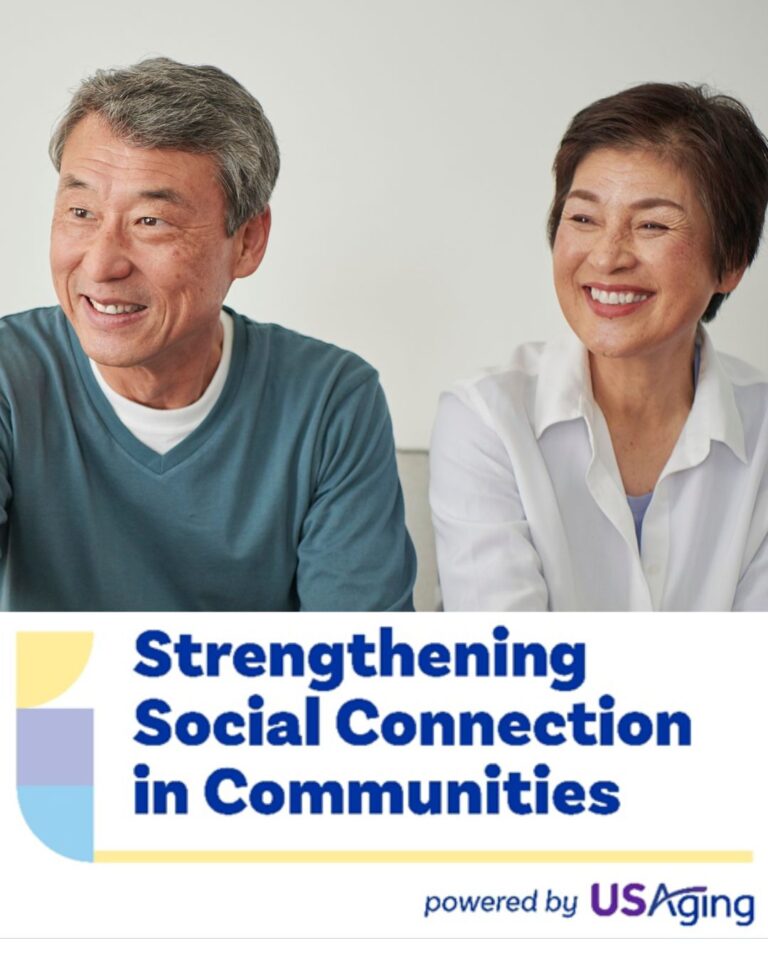At the Health Foundation, we are dedicated to ensuring that older adults are able to live high quality lives in their communities, and helping them maintain their dignity and independence. That is why we proudly promote National Falls Prevention Awareness Week. To mark the occasion, we’re taking a look at the impact and sustainability of one of our most far-reaching programs, Step Up to Stop Falls.
An Ongoing Dedication to Preventing Falls
Falling is a top contributor to older adults being moved to institutional care. One in three people over the age of 65 suffer from falls each year that result in a loss of independence. In most cases, these falls are completely preventable and happen close to or at home.
Since it was launched in 2007, our Step Up to Stop Falls programming has successfully reached over 4,000 older adults and 700 caregivers yielding a significant decrease in falls in counties throughout western and central New York. This programming included:
• Exercise classes like Tai Chi for older adults to maintain and improve balance
• Home assessment and modification programs to teach older adults how to identify and eliminate falls hazards like poor lighting and loose area rugs from their homes.
• Community awareness and education programs, including a Step Up to Stop Falls toolkit.
• Coalitions also worked to educate health care providers about risks of falls, risk assessments and interventions to prevent falls.
Examining the Best Way to Assess Fall Risk
In 2019, the Health Foundation funded a report to examine the sustainability of different aspects of the Step Up to Stop Falls Program. The report, which involved interviewing participants in the program’s early coalitions and learning collaboratives, found that community-based education or activity programs were most sustainable, and programs engaging health care professionals were harder to sustain. Some of the challenges that affected sustainability included the cost of sustaining the programs, staff turnover, or reduction in state funding.
Overall, the report found that the work of the Step Up to Stop Falls Collaborative and the individual coalitions continues to influence older adults in each of the funding counties. Additionally, many of the coalitions hope to build on the program’s existing impact and expand community education or balance/exercise programs. Read the full report here: Sustainability Report: Step Up to Stop Falls.
In concert with this analysis, the Health Foundation also funded a report in 2019 led by the University at Buffalo’s Nikhil Satchidanand, PhD, to determine how extensively physicians were screening for fall risks among their older adult patients. Dr. Satchidanand’s research found that while most physicians surveyed were screening for fall risk on the recommended annual basis, many stated that they assess fall risk in their older patients only when their patient shows concern.
According to the report, “This practice may rely too heavily on the judgement and awareness of their patient and family members to determine when risk of falling is of significant concern. Thus, this may inadvertently allow for missed opportunities to prevent future falls among these patients.”
The report also noted that a majority of providers reported their practices were not able to classify individual patients’ risk level, and that competing demands like more urgent health concerns often got in the way of assessing fall risk. See the full report here: Primary Care Providers’ Perspectives, Attitudes, and Practices Surrounding Fall Risk Screening for Older Adult Patients.
What’s the main takeaway from these reports? Assessing and reducing fall risk in older adults is a complex endeavor. It requires a multi-faceted approach that includes both clinicians and community-based care providers. Taking into consideration the needs of those involved—such as time limitations faced by busy physicians or the training requirements for program staff—can help these efforts have an even greater impact.
Falls Free Checkup
As part of Falls Prevention Week 2020, we are pleased to share the Falls Free Checkup being presented by the National Council on Aging (NCOA). The Falls Free Checkup tool is a quick 12-question survey to learn more about older adults’ falls risks. Falls put millions of older adults in the hospital each year. Now, the dangers of COVID-19 makes being falls free more important than ever. To take the Falls Free Checkup, or to share with someone else, please click here: NCOA Falls Free Checkup.
While 2020 has taken us on a roller coaster ride and a lot of things are different now, one thing still remains the same: falling is NOT a normal part of aging. With continuing education and innovative programming, we can help older adults stay healthy and safe at home and maintain the independence and dignity that everyone deserves.



